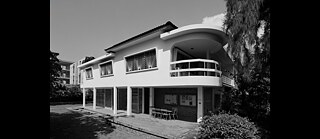Learn German
EXPERIENCED TEACHING ENSURES YOUR SUCCESS

Learn German from the market leader. We offer German language courses and exams in over 90 countries.
- Highly qualified German teachers and first-class learning material
- German Courses for all levels
- Internationally recognised language certificates



